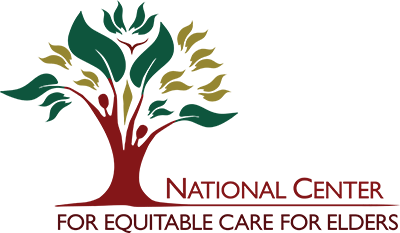Developing healthy aging habits, particularly around nutrition, can aid in the fight against Alzheimer’s and other chronic conditions. In recognition of Healthy Aging Month and World Alzheimer’s Month, we’ve compiled expert advice to share with your patients.
Healthy Diet, Healthy Aging
Dr. Umadevi Naidoo’s research on the integration of food, mental health and medicine has led to insight on such topics as the role of nutrition in managing anxiety and how the foods we eat contribute to gut health and our mood.
An Instructor in Psychiatry at Harvard Medical School and the Director of Nutritional and Lifestyle Psychiatry at Massachusetts General Hospital, Dr. Naidoo recommends health care providers reinforce to their patients that frozen and fresh vegetables alike can be dressed up and made appetizing, even in a matter of minutes.
From diabetes management to the best brain-healthy seasonings for breakfast, desserts, and drinks, healthy aging relies on a lifelong healthy and nutritious diet.
“When doctors or nutritionists suggest eating more vegetables for their benefit of nutrients, fiber, and vitamins, remember that frozen vegetables are a good option as long as there is no added salt, sauce or sugar,” she explained. “Frozen vegetables are easy to steam in a microwave. Adding a sprinkle of salt, pepper, and squeeze of fresh lemon can turn bland broccoli into something delicious!"
Diet and Alzheimer’s Prevention
"The MIND diet—Mediterranean-DASH Intervention for Neurodegenerative Delay—is a diet plan that can reduce the risk of developing Alzheimer’s disease by up to 53%, according to a 2015 study funded by the National Institute on Aging,” said Senior Wellness Coordinator for Restaurant Associates at Harvard Medical School Eliza Leone Jones, MS, RD, LDN.
According to Jones, these recommendations combine two of the most successful diets in Alzheimer’s prevention: the Mediterranean diet and the DASH diet (Dietary Approaches to Stop Hypertension).
“The MIND diet recommendations have been shown to reduce the risk of developing dementia when adopted as a new eating lifestyle, rather than a temporary diet," she explained.
Learn More
From diabetes management to addressing food insecurity in older adult populations, we invite you to check out our webinar resources for additional information. You can also contact us to learn more about the free training and technical assistance NCECE can provide your health center.
